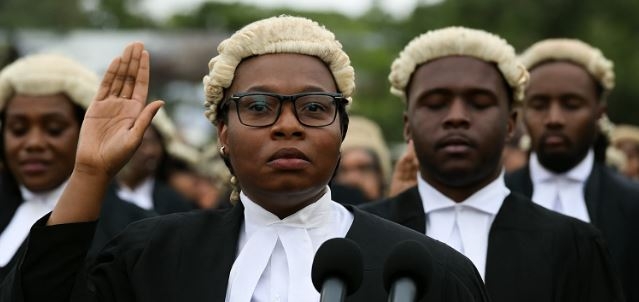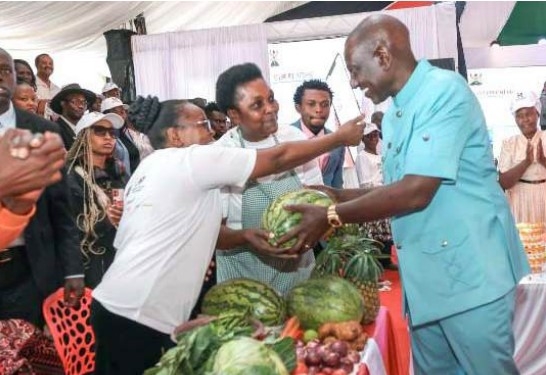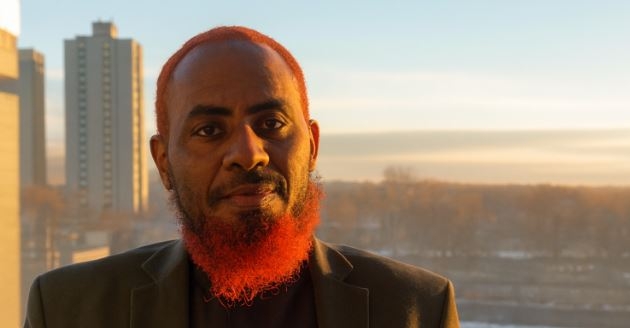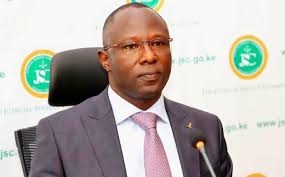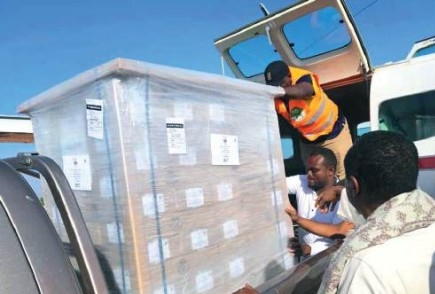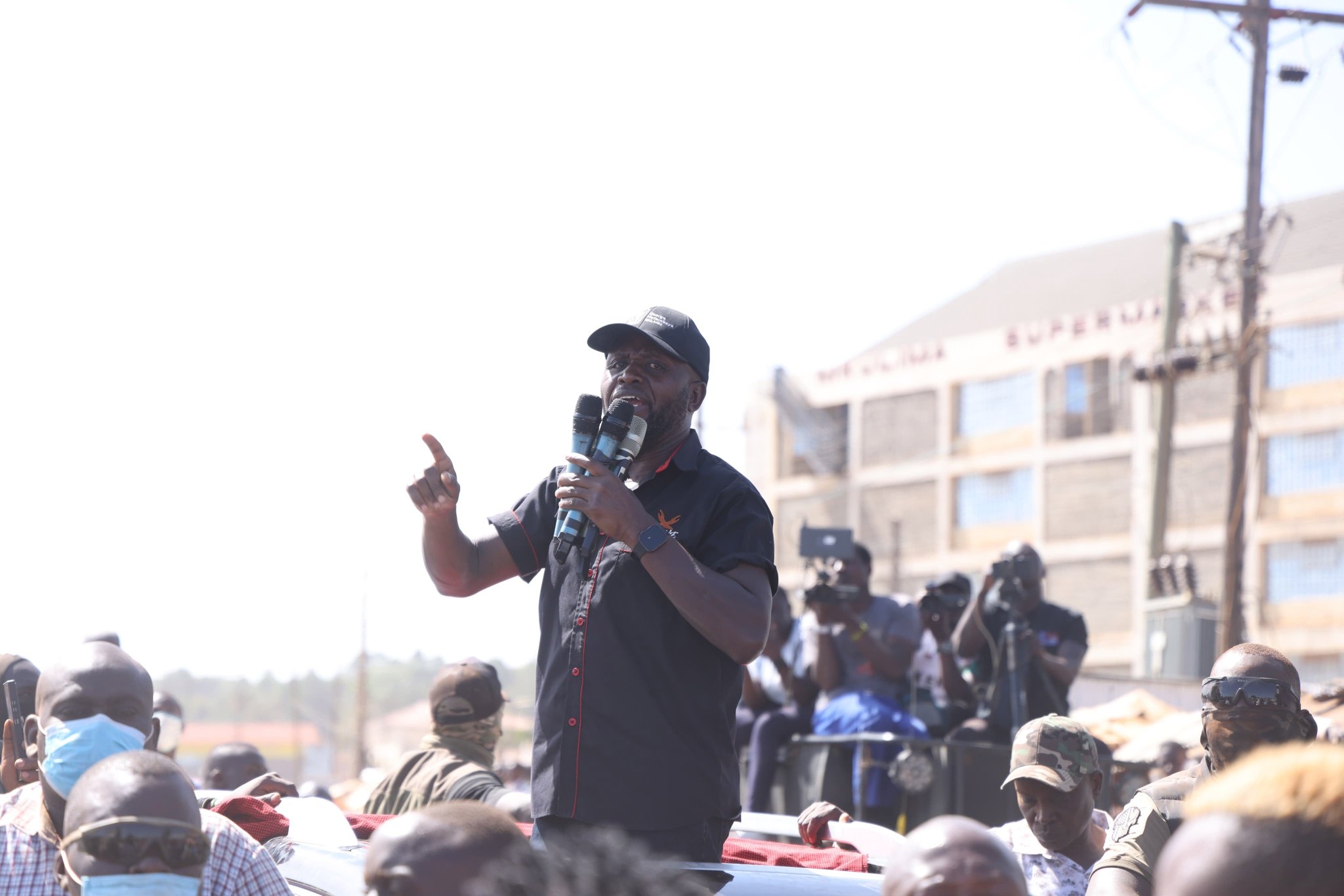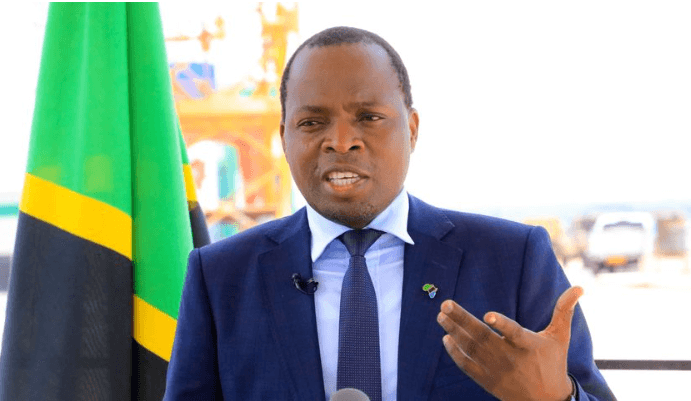The Pan-African Association of Judges on Environment, Land and Labour (PAAJELLA), now says that courts have recorded an upsurge in climate-change-related cases.
The cases according to the judges are due to increased public awareness and an increase in the number of organizations dealing with climate change.
This emerged during a workshop for the association organised by Hakijamii and WWF in Naivasha on the impact of climate change on economic, social and cultural rights.
According to Judge Edward Wabwoto from the Environment and Land courts, the full effects of climate change had turned out to be an eye-opener for Kenyans.
He said that through various environmental groups, affected Kenyans were filing climate change litigation cases due to increased public awareness.
Addressing the press on the sidelines of the workshop, Wabwoto noted that the country had enough judges to deal with the emerging cases across the country.
“The Chief Justice recently set up the Environment and Lands divisions to deal with the rising cases of climate change litigations within our courts,” he said.
He added that Kenya was a signatory to various climate change accords which were meant to contain the full effects of climate change and address climate justice.
On her part, PAAJELLA President Justice Jacqueline Mogeni lauded the initiative noting that some of the emerging cases could be resolved at the community level.
Mogeni noted that during the two-day workshop, they had agreed to address the impact of climate change on marginalised communities in Kenya.
“The partnership includes the development of joint initiatives and advocacy efforts to protect and promote the economic, social, and cultural rights of those most affected by climate change,” she said.
The judge further said that they would work on the capacity building of Judges who are members of PAAJELLA to understand and address environmental justice and climate-related legal issues.
Mogeni said that the association would play a proactive role in addressing climate-related issues within the scope of their judicial duties.
“This commitment aligns with the growing global movement of climate justice and underscores the judiciary's role in upholding the rights of citizens,” she said.
Hakijamii Executive Director Zipporah Muthama said that Climate change posed a threat to the realisation of economic, social, and cultural rights in Kenya and the world.
“The workshop served as a platform for in-depth discussions, knowledge sharing and the exchange of experiences on the intersection between climate change and human rights,” she said.



